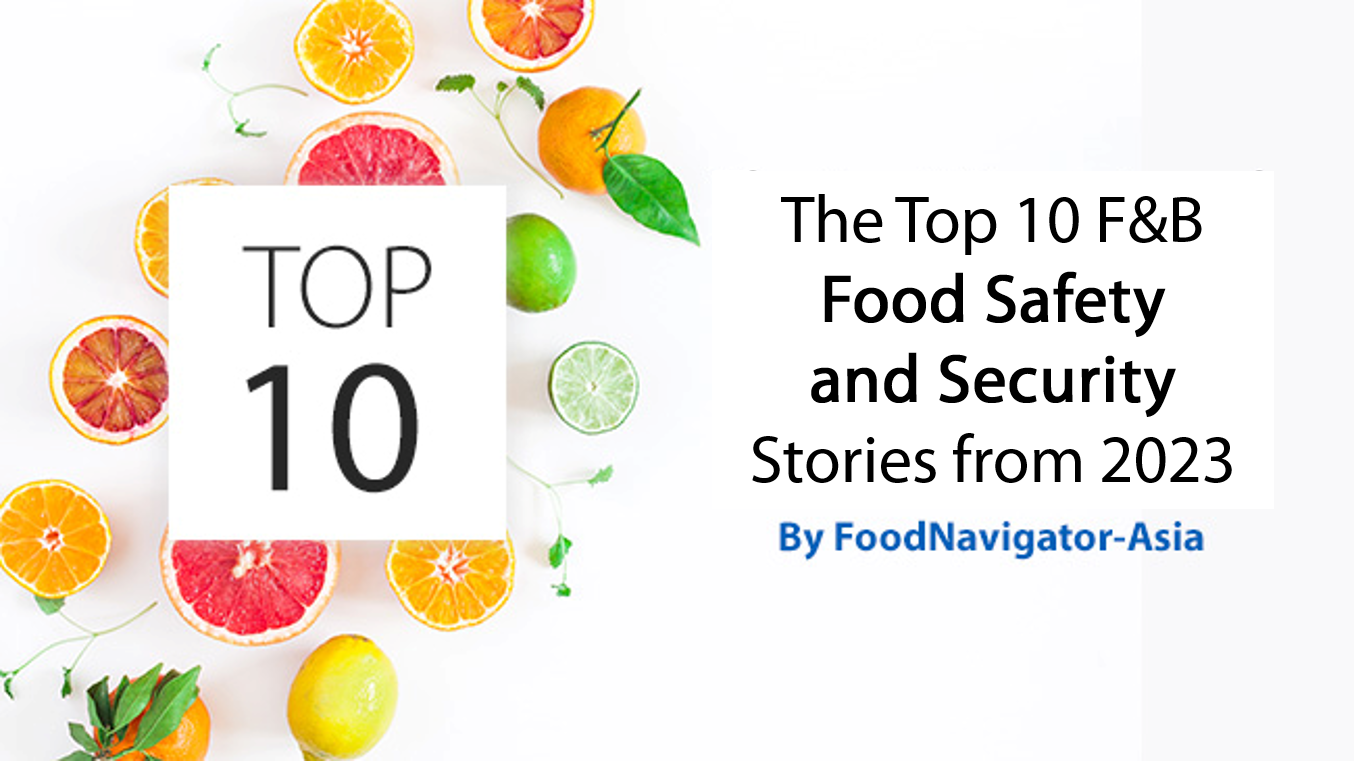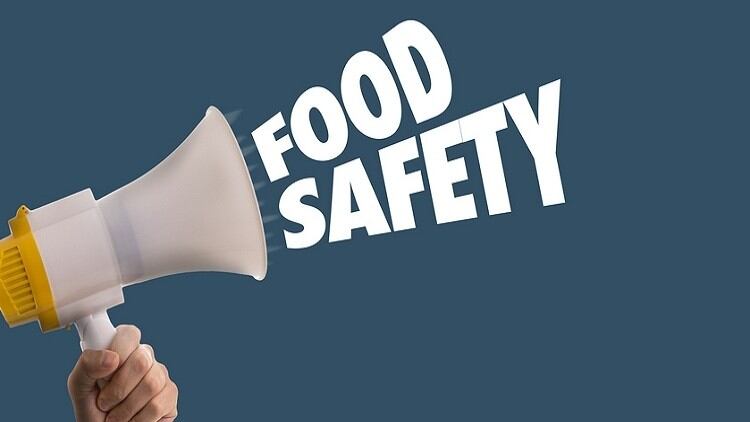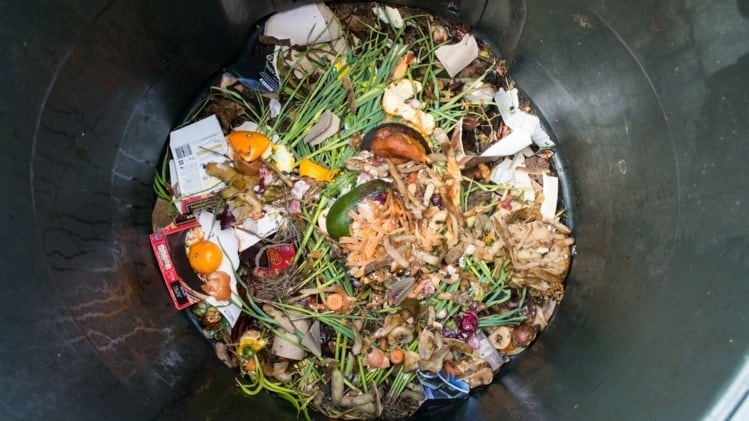A region infuriated: Confidence in EU trade plummets in ASEAN as palm oil sector formally unites
ASEAN consumer confidence in regional trade relations with the European Union plummeted earlier this year on the back of the latter’s recently-passed deforestation law and its impacts on various food commodities, as major palm oil producing countries in the region moved to formally protest on the world stage.
The EU parliament approved its long-debated and highly-controversial deforestation regulation in September last year despite widespread protests from countries producing several food commodities in regions from Asia to South America.
This led to major palm oil producer markets such as Malaysia and Indonesia to look at retaliation, with talks of potentially cutting off palm oil trade with the EU.
Food development focus: UAE government highlights strengthening of local food security as key 2023 goal
The United Arab Emirates (UAE) government highlighted efforts to boost local food security as a key goal for the country to transform its food supply system in 2023 earlier this year, alongside the introduction of new taxation strategies to fund further innovation and development.
The UAE is a desert country with limited natural agricultural resources and thus known to import at least 90% of its food, which has surfaced time and again as a source of concern for local authorities particularly in recent years when the COVID-19 pandemic caused food global supply chains to come to a near-standstill.
Authorities came to a decision to take more concrete steps to address this matter, starting with directives to local agencies to exhibit more support for locally-produced food products, in an effort to lead by example.
Beyond the ‘obsession’: Are alternative proteins truly the best path to a sustainable food supply?
Creating a sustainable food supply to meet population demands would require more than just a focus on growing the alternative proteins sector despite its hype, according to industry experts.
Alternative protein has been one of the biggest trends to hit the food and beverage sector in the past few years, with many strongly believing that it represents the end-solution to creating a sustainable food supply to feed an estimated 10 billion global population by 2050.
But despite its rapid growth and the keen interest both big brands and emerging start-ups have taken in this sector, experts are questioning the veracity and practicality of focusing too much on this to the detriment of developing other potential solutions.
“There is a clear overemphasis on protein [when] today the evidence clearly shows there is no global ‘protein gap,” food systems expert and author of International Panel of Experts on Sustainable Food Systems (IPES-Food) report Politics of Protein Professor Phil Howard said.
Expiration experimentation: South Korea embarks on nationwide project to set ‘use-by’ dates for food and beverage products
The South Korean government implemented a nationwide project to set ‘use-by’ dates for some 2,000 food and beverage items, in a move in an attempt to cut national food waste earlier this year.
In August 2021, South Korea passed a historical change to its food labelling and advertising regulations to replace existing on-pack expiration dates with a new ‘use-by’ dates system, the first major change the country has made in almost 40 years.
The traditional expiration dates were ‘sell-by’ dates by which retailers were mandated to remove the products from shelves, generally within 60% to 70% of the timeframe that food is still considered safe for consumption.
The newer use-by dates significantly extended the timeframe that these products would be made available to consumers, as these are within 80% to 90% of the timeframe for safe consumption. It has also been expected to reduce the amount of food disposed in-home by consumers based on the dates printed on-pack.
Caffeine concerns: Oceania consumers’ inadequate understanding of beverage contents a risk
Data from Food Standards Australia New Zealand (FSANZ) revealed lacking understanding in local consumers regarding caffeine content in daily foods and drinks and the relevant side effects, posing a risk of overconsumption.
Pursuant to FSANZ’s proposal to review permissions for caffeine in general foods and sports foods as well as risk assessments for sensitive sub-populations in late 2022, the agency conducted a systematic review covering 65 studies across 2010 to 2022 to examine consumer behaviour and understanding of caffeinated foods in the local food system, particularly the risks related to overconsumption.
According to the review, consumers are not always aware that a product contains caffeine especially when this is not made clear on the label, and many consumers continue to consume more of such products even when experiencing caffeine-related side effects.
From tumour risk to microbiome harm: FAO and WHO debunk four cell-based meat misconceptions
The FAO and WHO debunked four key misconceptions and concerns surrounding cell-based meat, spanning tumour risk to a negative impact on the microbiome.
In a report featuring insights from regulators, researchers, and industry experts, it assessed the key food safety considerations of cell-based innovations and strategies to improve consumer understanding of the category.
Part of this involved commentating on several concerns that were garnering significant media attention:
“Given the attention they have received, these concerns have been considered by the Technical Panel, even if it was not possible to describe a sequence of events consistent with the current understanding of relevant science that could result in harm to consumers,” the report explained.
No clean slate…yet: Japan lifts restrictions on more Fukushima-affected foods but boar meat poses problem
Japan moved to lift the restrictions for several food items that have been in place since the 2011 Fukushima nuclear disaster earlier this year, but testing on one item in particular – wild boar meat – dashed hopes of a clean slate.
It has been almost 12 years since the Fukushima nuclear power plant meltdown disaster in 2011, since which Japan has been exhausting many avenues to try and get its food exports back on track, hindered by foreign market fears of importing radioactive products.
However Japan’s tenacity and rigorous self-imposed testing has led to much progress being achieved over the years – from the 55 countries and regions that introduced import bans or controls on Japanese foods after the disaster struck, over 40 have lifted these measures as of mid-2022.
Earlier this year Japan took another step towards freeing itself from the confines of the ‘nuclear food’ tags often associated with products from Fukushima, Gunma, Ibaraki, Tochigi and Chiba when the Ministry of Health, Labour and Welfare (MHLW) announced that all restrictions were being lifted for shipments and exports of several food items that had been under scrutiny since the disaster.
Healthier but scarier: Over half of Chinese consumers doubtful about safety of sweeteners– national survey
Over half of all Chinese consumer still harbour doubts over the safety of both natural and artificial sweeteners on a regular basis, according to a nationwide survey.
This survey was conducted by the China Food Information Centre, a non-governmental organisation with a food safety and nutrition focus and its board comprises experts well-known for having a strong say when it comes to local policy design and implementation.
Some 5,112 consumers across 32 provinces in China were surveyed as part of this study, which was conducted via online questionnaires.
One of the survey’s most striking findings was that even though there are currently a plethora of government-approved sugar replacers and sweeteners in the country, a good 50% of all surveyed participants are still unconvinced about the safety of these ingredients.
World-first voluntary guidelines: Singapore introduces food safety standards in the e-commerce space
Singapore developed a new set of voluntary food safety guidelines for businesses across the food e-commerce supply chain earlier this year.
The guidelines for food e-commerce were developed by a working group comprised of a government agency, industry associations and private sector players.
There has been an upward trend in the supply and demand for food via e-commerce – as more brick-and-mortar food businesses moved online. However, divergent practices pertaining to product safety were noted across different e-commerce platforms. The Working Group saw the need for “a common understanding of industry best practices for the management of online sales of food products.”
Applicable to all: Australia’s new mandatory alcohol pregnancy warning labels enforceable on imported beverages
Australia started the enforcement of mandatory pregnancy warnings on all alcoholic beverages earlier this year, a requirement that also applies to imports.
Food Standards Australia New Zealand (FSANZ) first announced that Australia was considering the implementation of mandatory pregnancy warning labels for alcoholic beverages back in 2019.
The initial proposal contained the wording ‘Any amount of alcohol can harm your baby’ and was to apply to all alcoholic beverages with 0.5% ABV alcohol content, but this was later altered to ‘Alcohol can cause lifelong harm to your baby’ and alcoholic beverages with 1.15% ABV after much debate and industry backlash.
FSANZ proceeded with the transition to and enforcement of the alcohol pregnancy warning label over the past three years, and from July 31 2023 all beverages with above 1.15% ABV were mandated to carry the label in accordance with strict size, format, colour and font specifications.





